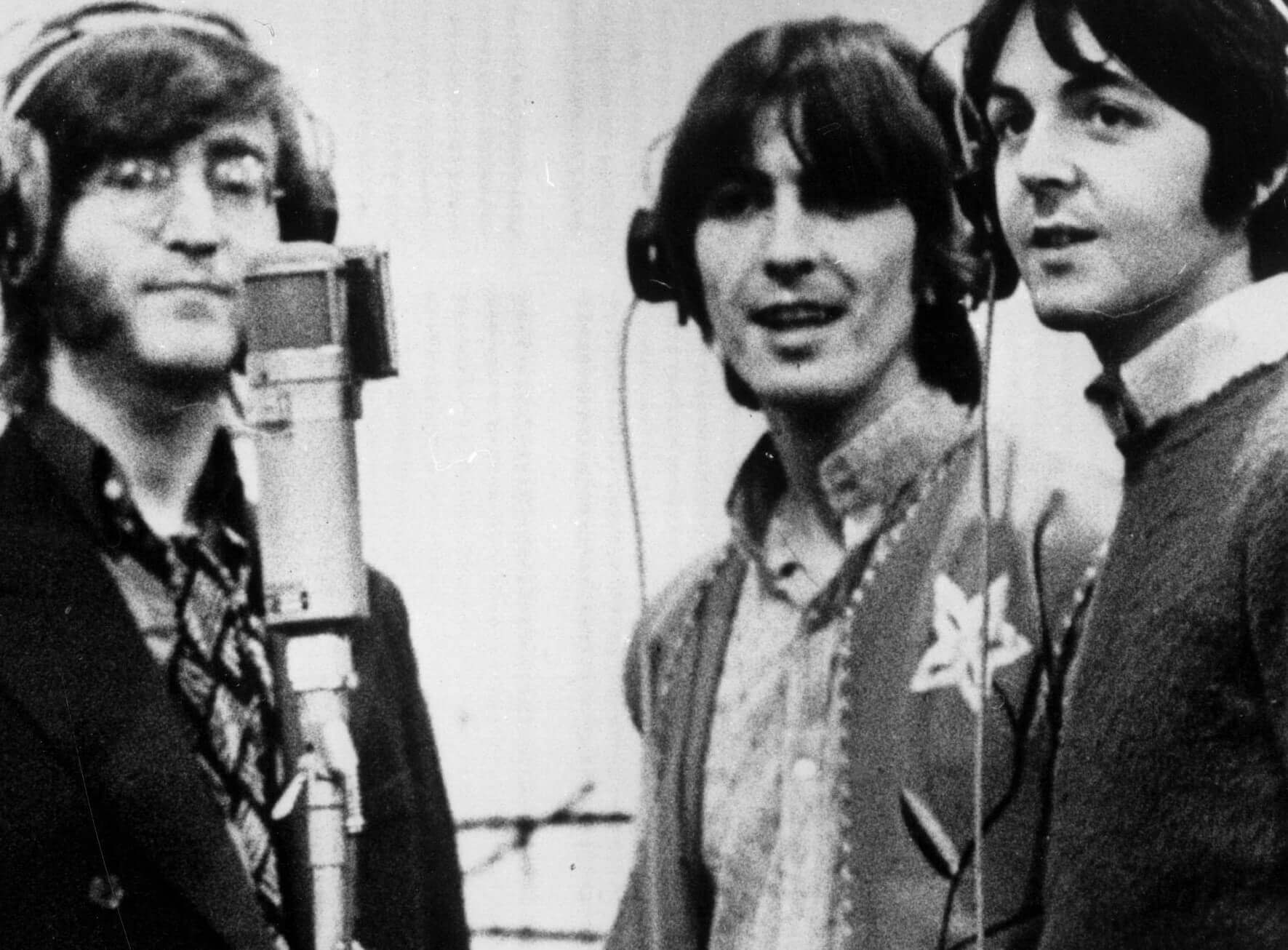The Beatles delivered some of the finest ballads in the history of music during their time together. But it took them a little while to get comfortable with the slow stuff. “If I Fell,” released in 1964 on their third album (and first movie) A Hard Day’s Night, was one of the first great ballads of their career.
What is the song about? What did John Lennon, the song’s main writer, have to say about its inspiration? And what did Paul McCartney contribute to the proceedings? Let’s find out about this somewhat unheralded but utterly lovely song from the Fab Four.
Slowing Things Down
When The Beatles came charging out of the gate with their first recordings in late 1962 and throughout 1963, they generally kept the pedal to the metal in terms of the pace. Songs like “I Saw Her Standing There,” “Please Please Me,” and “She Loves You” rushed by in a whir of adrenaline.
They did sneak in a few slower ones in that first year or so of recordings, including the charming doo-wop style “This Boy” (relegated to B-side status in ’63). But A Hard Day’s Night found John Lennon and Paul McCartney growing more confident and prolific (they wrote every track on the album), which meant that ballads were sure to come.
For his part, McCartney wrote “And I Love Her.” Not to be outdone, Lennon came up with “If I Fell.” He explained to interviewer David Sheff (as captured in the book All We Are Saying: The Last Major Interview with John Lennon and Yoko Ono) that he based the song on something personal:
“That’s my first attempt to write a ballad proper. That was the precursor to ‘In My Life.’ It has the same chord sequence as ‘In My Life’: D and B minor and E minor, those kinds of things. And it’s semi-autobiographical, but not consciously. It shows that I wrote sentimental love ballads, silly love songs, way back when.”
This was still a time when Lennon and McCartney were writing everything together. McCartney came through with the idea of starting the song with a kind of pre-verse that’s separate from the rest of the song: If I fell in love with you / Would you promise to be true. It’s a technique that was very popular within songs from the Great American Songbook, and McCartney, the musical omnivore, gobbled that up.
Aside from that, the other major influence, at least in the presentation of the song, was the work of The Everly Brothers. Lennon and McCartney even sang into the same mic while recording the song to make the most impact of the high-low contrast of their voices. Some subtly affecting guitar fills by George Harrison add to the picture.
What is the Meaning of “If I Fell”?
In “If I Fell,” the narrator is trying to decide if he’s ready to move on to a new love, because he’s been burned by his previous relationship. At least he’s learned from the suffering: And I found that love was more than just holding hands. That line represents a subtle show of maturity from Lennon, considering he had famously sung “I Want to Hold Your Hand” not long before “If I Fell” arrived.
It seems as if the major crime committed by this guy’s former girl is she didn’t love him quite enough, which hurt his pride. (Early Beatles songs were very concerned with pride, probably because the word provided a handy rhyme.) There’s something touching when Lennon and McCartney raise their voices in urgency in the hopes this won’t all be for naught: ‘Cause I couldn’t stand the pain / And I would be sad if our new love was in vain.
The song ends with the hypothetical If I fell in love with you. It’s a fascinating framing for a love song, one that leaves you guessing where this situation is headed. But you didn’t need to guess to know that with “If I Fell” as one of their first tries, The Beatles were going to the top of the balladeers’ heap very soon after.



